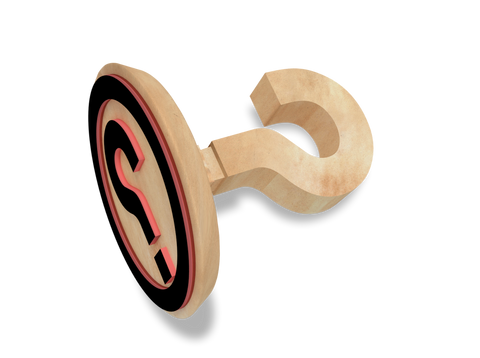Do air purifiers work?
One of the most common questions regarding air purifiers is their functionality
Do air purifiers work is a very common question, if not, the most common concern regarding air purification and it gets asked as often as the many meanings behind this very query.
Prior to making an investment into a unit that you will trust will clean the air and welcome in to your home, you will want to know the obvious, do air purifiers work? Is an air cleaner a sound investment? Will an air purification unit get the job done properly? How can people avoid air purifier scams? etc.
When you realize how important good indoor air quality is to your overall health and well-being, the next logical step is to figure out how to improve the quality of the air you breathe within your surroundings.
Apart from reducing exposure to pollutants and making sure your home is well ventilated by changing the filters of your HVAC systems regularly, many experts recommend using an indoor air purifier.

Is an air purifier a justified investment?
According to the Environmental Protection Agency (EPA), an indoor air purifier is a good idea if outdoor air pollution and other factors (such as extreme temperatures or weather events) make ventilation an insufficient method of keeping indoor air clean. The agency does not recommend any specific type of air cleaner or any brand, but it points out that any type of indoor air cleaner has its use as well as limitations.
Simply put, air purifiers can help remove indoor air pollutants and provide cleaner and more breathable air. The IAQ Scientific Findings Resource Bank says that studies have found improvements in allergy and asthma symptoms after subjects used an air cleaning device in the bedroom.
As with any industry out there, not every air purifier is built the same or will produce the same results, so it is important to do your research and get the air purifier that best address your Indoor Air Quality (IAQ) concerns.
Do air purifiers work for the whole home or a single room?
Both. You will need to decide whether to go for an air purification system that is attached or built into your existing HVAC system, or whether you should go with a portable room air purifier that you can plug in where needed to provide cleaner air in specific rooms or areas.
Many companies provide both options and will advise you after finding out more about your indoor air situation, health concerns and needs. Whole home air purifiers may be more complex or expensive, while room air purifiers are readily available in stores and directly from manufacturers.
Which type of air purifier do you need?
According to the EPA, there are five main types of air purifiers, including those that filter particles, those that address gaseous pollutants, those that use UV lamps (UVGI and PCO cleaners) and those that generate ozone.
Ozone generators are usually not recommended because the ozone they generate is a lung irritant and could actually lead to more problems.
Particle filters like HEPA are the filters most often used in air purifiers, and they are designed to trap 99.97% of fine particles at 0.3 microns. They are very efficient when it comes to airborne particles and dust and they actually become more efficient over time, meaning they can last a few years in a normal household. These filters won’t get rid of larger particles, however, that are too heavy to be picked up by the air purifier fan.
Gaseous pollutants are the new nemesis of health-seeking homeowners, as chemicals, gases and odors have become a concern in modern buildings. Air purifiers that promise to remove volatile organic compounds usually use filters such as activated carbon, a porous material that adsorbs VOCs. Activated carbon is very efficient for hundreds of airborne chemicals, but the EPA warns that there are certain gases it can’t remove, including carbon monoxide,
The UV filters use UV lamps to target mold spores, bacteria and viruses and turn them into harmless products. They are unable to address particles or chemicals.
When looking at the list, it seems clear that a combination of the main filters provide the best results (with the exception of ozone generators). Luckily, a lot of manufacturers offer some type of combination air purifier. Again, research is important.
Source links:
http://www.epa.gov/iaq/pubs/airclean.html
http://www.iaqscience.lbl.gov/air-asthma.html

